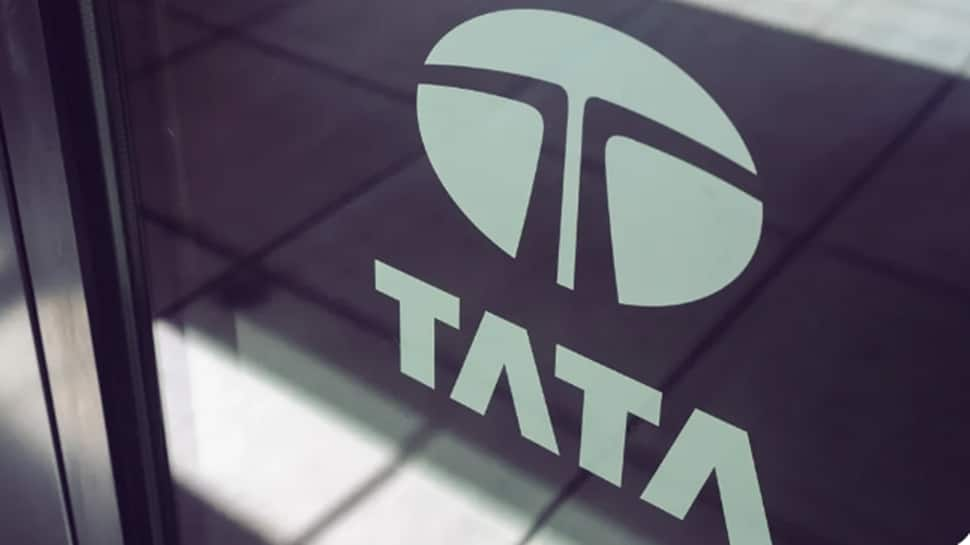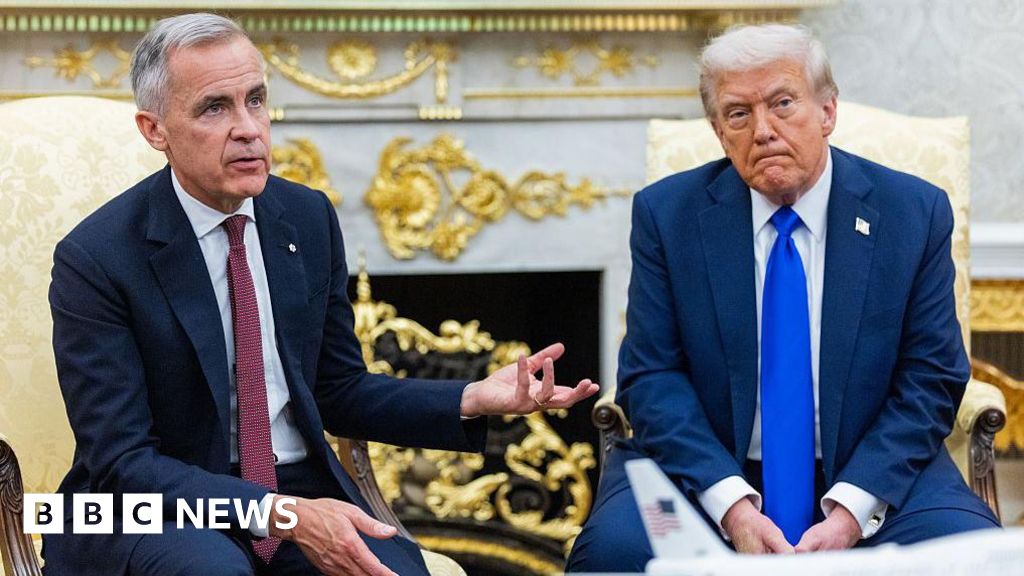The Tata Group, one of India’s largest and most respected business conglomerates, is facing growing internal differences over whether its parent company, Tata Sons, should be listed on the stock market. The disagreement is between the group’s two major shareholders — Tata Trusts, which owns about 66%, and the Shapoorji Pallonji (SP) Group, which holds around 18%. While the SP Group wants Tata Sons to go public through an initial public offering (IPO), Tata Trusts believes the company should remain private, said reports.
Why The Listing Matters
Tata Sons is the unlisted holding company that controls the Tata Group’s vast network of businesses — including Tata Steel, Tata Motors, Tata Consultancy Services, and Air India. According to its 2024–25 annual report, it holds stakes in 355 subsidiaries, 39 joint ventures, and 48 associate companies, and received Rs 36,149 crore in dividends from them last year, reported Mint
Because Tata Sons is unlisted, its shareholders cannot easily sell or “monetize” their holdings. The SP Group, which has been part of Tata Sons since the 1930s, has long wanted a listing to unlock the value of its stake — estimated between Rs 1.5 trillion and Rs 3 trillion, said reports.
The Core Dispute
The SP Group’s demand for listing gained momentum after its representative, Cyrus Mistry, was removed as Tata Sons chairman in 2016, a move that led to a bitter legal and personal fallout between the two groups.
The SP Group, which faces significant debt in its construction and infrastructure businesses, sees the listing as a way to raise funds and strengthen its finances. Earlier this year, credit rating agency ICRA reaffirmed a ‘BBB’ rating with a negative outlook for Shapoorji Pallonji and Company Pvt. Ltd., pointing to continued pressure on liquidity, said reports.
In contrast, Tata Trusts, which uses its dividends from Tata Sons to fund large-scale philanthropic projects, has no such financial pressure. In 2024–25, it disbursed Rs 902 crore in grants, with most funds directed to social and institutional programs. The Trusts also influence key decisions within Tata Sons, including top appointments and governance matters, and want the group to retain its private, long-term structure. Meanwhile, as per PTI reports, Tata Trusts has circulated a proposal to reappoint Mehli Mistry as a trustee for three of its key philanthropic bodies, a move that would make him a lifetime trustee.
RBI’s Role and the Listing Deadline
The Reserve Bank of India (RBI) added to the tension in September 2022, when it classified Tata Sons as an “upper-layer” non-banking financial company (NBFC) — a category that required the company to list its shares within three years, by September 2025.
However, Tata Sons moved to avoid that requirement by retiring debt and surrendering its NBFC licence earlier this year. This would allow it to remain a privately held company. The company is currently awaiting RBI’s approval for its deregistration.
The RBI’s silence on the matter since then has raised eyebrows among market watchers, with some questioning whether the central bank will enforce the original listing rule or allow Tata Sons to remain private.
What’s At Stake
According to experts, for the SP Group, listing Tata Sons could unlock much-needed value and ease its debt burden. In a recent statement, the group called the listing a “moral and social imperative,” arguing that it would “unlock immense value for over 1.2 crore shareholders of listed Tata companies who indirectly have a stake in Tata Sons.”
The Shapoorji Pallonji (SP) Group has renewed its call for public listing. In a strongly worded statement, the group described the IPO as “a moral and social imperative”, saying it would “unlock immense value for over 1.2 crore shareholders of listed Tata companies.
For Tata Trusts, however, a public listing could mean less control over the company that anchors the entire Tata empire. The Trusts’ leadership believes the current structure — where dividends from Tata companies fund its philanthropic work — best preserves the vision of Jamsetji Tata, the group’s founder, noted analysts.





